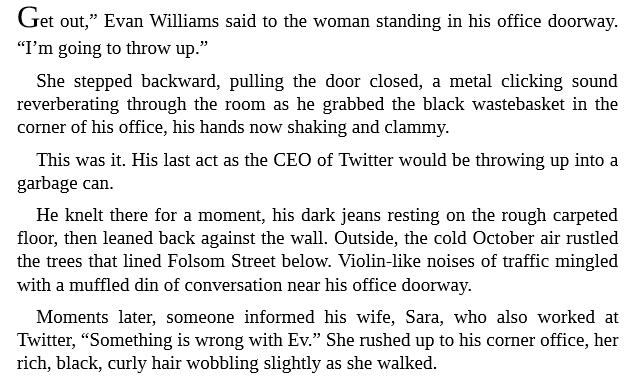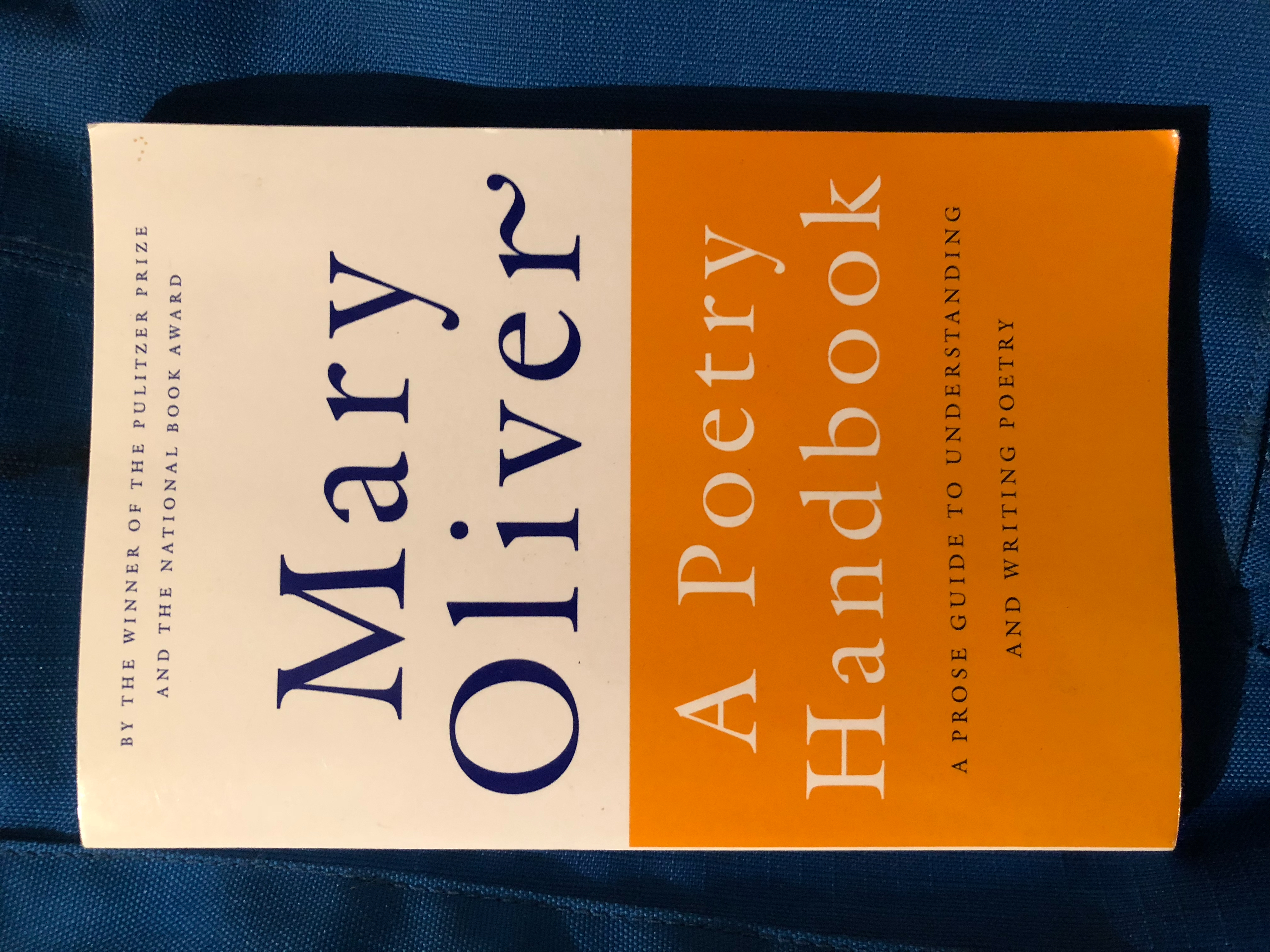
When Dorsey gets the boot as CEO, he sits down during a walk around San Francisco and sobs. At 3 years of age, when Williams appeared on TV with Oprah Winfrey to aid her maiden tweet, the company had just 35 employees.īilton also uncovers touching details that humanize the Twitter founders.

Twitter was a tiny operation well into its ascendance into the national zeitgeist. Thus we know that Dorsey was out drinking late into the night in San Francisco with Noah Glass, a forgotten Twitter co-founder, the day Glass was dumped from the company - at Dorsey's instigation.īilton is at his best describing the desperate-feeling ins and outs of the startup's early days. This provides Bilton highly specific timing, locations and even photos and videos of his subjects. He cleverly supplements his many hours of critical interviews with the most appropriate kind of documentary evidence possible: His subjects tweeted the key moments of their lives with great consistency. Bilton, a columnist covering personal technology and other topics in the San Francisco bureau of the New York Times, tells his story like a pulp-fiction writer. Their friendship-turned-enmity is the seething backstory of the founding of the company, to the detriment of the tale Bilton tells so well: This book chronicles every turn of the personal screw - and in the process fails to illuminate an extraordinary business story unfolding in parallel to the dramatic he-said/he-said of the company's early days.īut what a drama it is. The two disagreed on almost everything, especially who should be in charge of Twitter and who should get the credit for its tremendous and improbable success. Such existential disagreements were just the beginning for Dorsey and Williams, as told in Nick Bilton's gripping, soap-opera-like tale of the founding of Twitter. Evan Williams, the successful entrepreneur who had hired Dorsey, thought of the new service as something people could use to comment on what they were seeing happening in the world.

Jack Dorsey, an underemployed computer programmer who wrote much of the original code behind Twitter, saw it as a tool for users to report what they were doing. Indeed, two of its own co-founders had opposite visions of how the service should be used. The funny thing about my rock-certain epiphany is that throughout its short, meteoric ride, Twitter has meant different things to different people. I immediately grasped that the then-2-year-old startup was a broadcasting tool that I could use to promote my own work. The first time I understood the true value of Twitter was when Michael Arrington, the tech blogger, explained to me in 2008 that every time he published a post at his trade publication, TechCrunch, he tweeted a link to his followers, who numbered in the many tens of thousands.


By Nick Bilton (Portfolio/Penguin 302 pages $28.95)


 0 kommentar(er)
0 kommentar(er)
